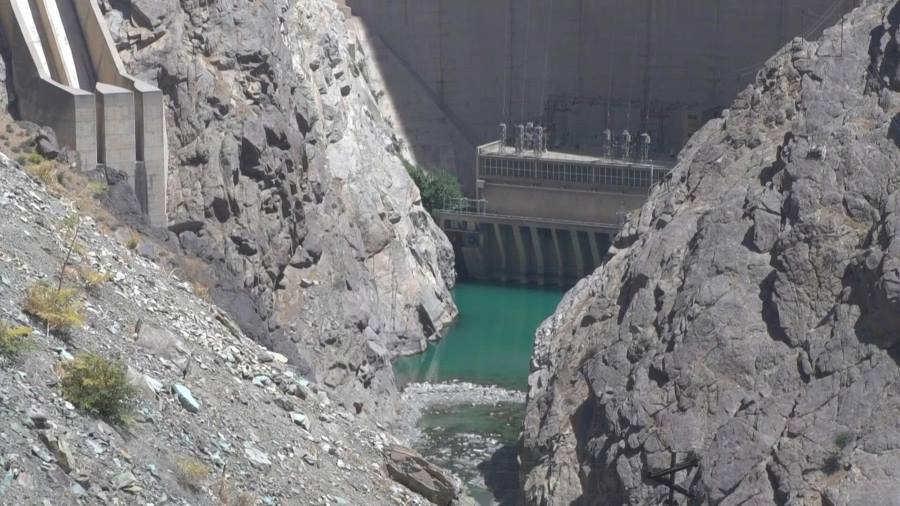Tehran, Iran | AFP
A severe heatwave sweeping Iran has disrupted water and electricity supplies in much of the country, with reservoir levels falling to their lowest in a century, state media said Tuesday.
Extreme temperatures, which began on Friday, are expected to ease gradually by Thursday, according to meteorological authorities cited by state television.
Government offices in at least 15 of Iran’s 31 provinces, including the capital Tehran, have been ordered to close on Wednesday in a bid to conserve water and electricity.
The measure come as temperatures in parts of southern and southwestern Iran topped 50 degrees Celsius (122 Fahrenheit).
Government spokeswoman Fatemeh Mohajerani said authorities would extend office closures “if it deems necessary”, while warning of the “critical situation” in Tehran regarding water supplies.
At least 10 provincial capitals recorded temperatures above 40 degrees Celsius on Monday, including Tehran, the meteorological agency said.
The heatwave has been accompanied by drought, with the capital experiencing its lowest rainfall in 60 year, according to the Tehran Provincial Water Supply Company.
Water levels in the reservoirs which supply Tehran have fallen to “their lowest level in a century”, the company said, advising people to use a tank and pump to cope with mains disruption.
Tehran provincial governor, Mohammad Sadegh Motamedian said the dams are only filled to 14 percent, adding that the capital is going through its fifth year of drought.

‘Crisis’
Many residents reported water supply cuts lasting several hours in the past few days.
“It’s not just the heat — there’s also no electricity and no water,” said Ms. Moini, a 52-year-old housewife from Tehran, who only gave her family name.
“Our whole lives have basically fallen apart.”
President Masoud Pezeshkian warned on Sunday that “the water crisis is more serious than people are saying”.
Many Iranian newspapers carried photographs of the low reservoir levels on their front pages on Tuesday.
In Iran’s hottest provincial capital, Ahvaz in Khuzestan in the southwest, residents complained that scheduled power cuts had continued despite temperatures nearing 50°C on Monday.
In Tehran, drivers were forced to stop to prevent their radiators overheating in temperatures exceeding 40°C.
According to the Fars news agency, the Tehran Provincial Water Supply Company plans to distribute drinking water in plastic bags if the mains supply cuts continue.
While heatwaves are not uncommon in Iran, last July the government ordered banks and public institutions to close amid soaring temperatures.
At the time, officials said electricity consumption had reached a record high of over 79,000 megawatts.
rkh/kir
© Agence France-Presse
Article Source:
Press Release/Material by Ramin Khanizadeh | AFP
Featured image credit: Ashkan Forouzani | Unsplash




